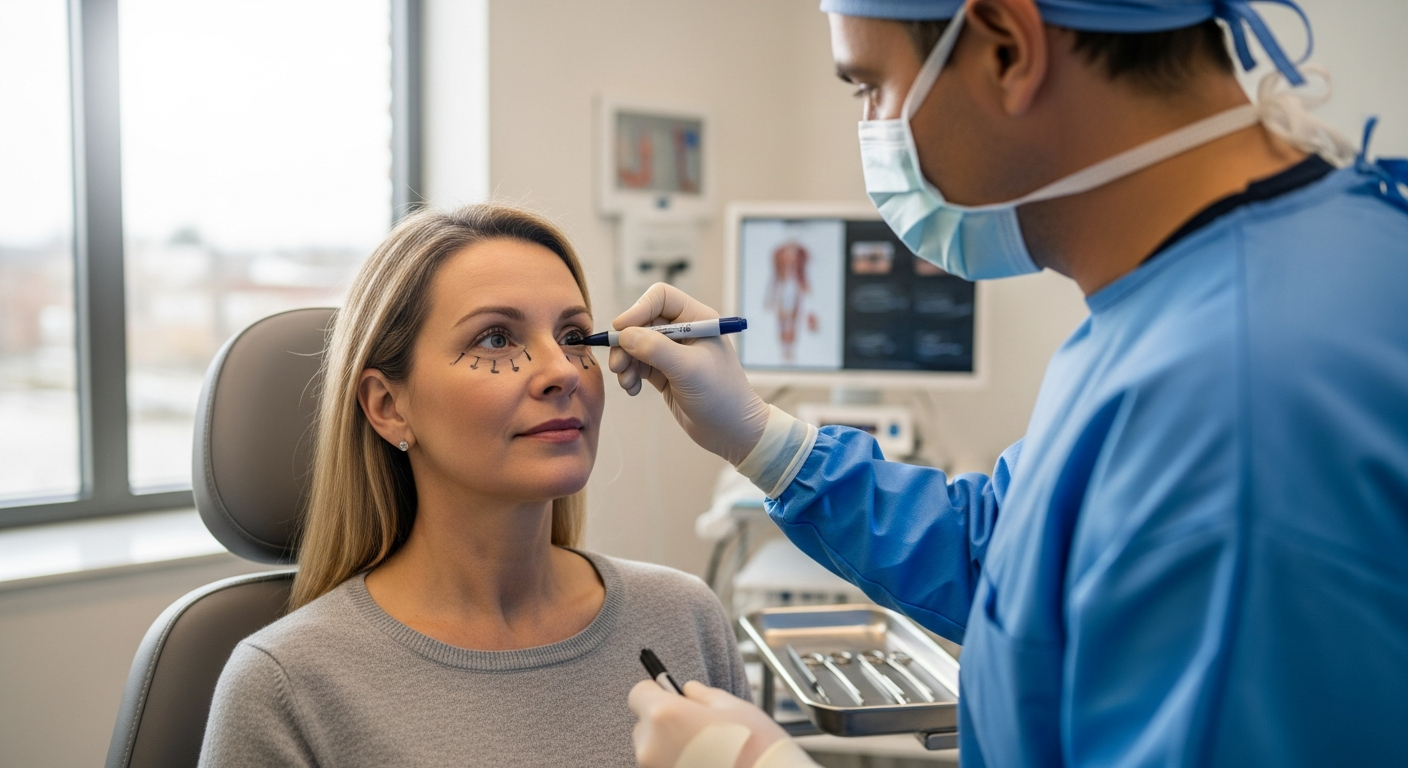Levothyroxine and Thyroid Treatment: Exploring Long-Term Effects and Risks
Thyroid disorders affect millions of Americans, impacting their overall health and well-being. Among the various treatment options available, levothyroxine stands out as a crucial medication for managing thyroid conditions. This synthetic hormone plays a vital role in restoring balance to the body's metabolic processes, offering hope to those struggling with thyroid dysfunction.

Understanding Thyroid Function and Levothyroxine
The thyroid gland, a small butterfly-shaped organ in the neck, produces hormones that regulate metabolism, energy levels, and various bodily functions. When the thyroid malfunctions, it can lead to conditions such as hypothyroidism or hyperthyroidism. Levothyroxine, a synthetic version of the thyroid hormone thyroxine (T4), is primarily used to treat hypothyroidism, a condition where the thyroid gland doesn’t produce enough hormones.
The Role of Levothyroxine in Thyroid Treatment
Levothyroxine works by supplementing the body’s natural thyroid hormone production. It helps restore proper hormone levels, alleviating symptoms associated with hypothyroidism such as fatigue, weight gain, and depression. This medication is typically taken daily, and its dosage is carefully adjusted based on individual needs and regular blood tests.
Benefits and Considerations of Levothyroxine Therapy
For many patients, levothyroxine therapy can be life-changing. It can effectively manage symptoms, improve quality of life, and prevent complications associated with untreated hypothyroidism. However, it’s essential to understand that levothyroxine is a long-term treatment, and patients often need to take it for life. Regular monitoring and dose adjustments are crucial to ensure optimal effectiveness and minimize potential side effects.
Navigating Levothyroxine Treatment: Tips and Facts
Levothyroxine treatment requires careful management and patient awareness. Here are some important points to consider:
- Take levothyroxine on an empty stomach, ideally 30-60 minutes before breakfast
- Avoid taking it with calcium or iron supplements, as they can interfere with absorption
- Be consistent with the timing of your daily dose
- Regular blood tests are necessary to monitor thyroid hormone levels
- Some foods, like soy and high-fiber products, may affect levothyroxine absorption
- Inform your healthcare provider about any other medications you’re taking
Long-term Effects and Ongoing Research
While levothyroxine is generally considered safe and effective, questions about its long-term effects have prompted ongoing research. Some studies suggest that long-term use may be associated with an increased risk of osteoporosis in certain populations. However, the benefits of treating hypothyroidism typically outweigh these potential risks. Researchers continue to explore ways to optimize thyroid hormone replacement therapy and investigate alternative treatment options.
Comparing Levothyroxine Products and Providers
When it comes to levothyroxine treatment, patients have several options available. Different brands and generic versions of levothyroxine exist, and it’s essential to work with healthcare providers to find the most suitable option. Here’s a comparison of some common levothyroxine products available in the United States:
| Product | Provider | Cost Estimation (30-day supply) |
|---|---|---|
| Synthroid | AbbVie Inc. | $40 - $60 |
| Levoxyl | Pfizer | $30 - $50 |
| Tirosint | IBSA Pharma Inc. | $60 - $80 |
| Generic Levothyroxine | Various manufacturers | $10 - $30 |
It’s important to note that cost estimations are approximate and can vary based on factors such as insurance coverage, pharmacy, and location. Patients should consult with their healthcare provider and insurance company to determine the most cost-effective option for their specific situation. Some patients may find that they respond better to brand-name products, while others do well on generic versions. The key is to maintain consistency with the chosen product and work closely with healthcare providers to achieve optimal thyroid hormone balance.
Levothyroxine remains a cornerstone of thyroid treatment, offering relief and improved quality of life for millions of individuals with thyroid disorders. As research continues and our understanding of thyroid function evolves, treatment approaches may be refined. However, the fundamental goal remains the same: to restore thyroid hormone balance and support overall health and well-being. Patients and healthcare providers must work together to navigate the complexities of thyroid treatment, ensuring the best possible outcomes for those affected by thyroid disorders.
Disclaimer: This article is for informational purposes only and should not be considered medical advice. Please consult a qualified healthcare professional for personalized guidance and treatment.
The shared information of this generated article is up-to-date as of the publishing date. For more up-to-date information, please conduct own research.




